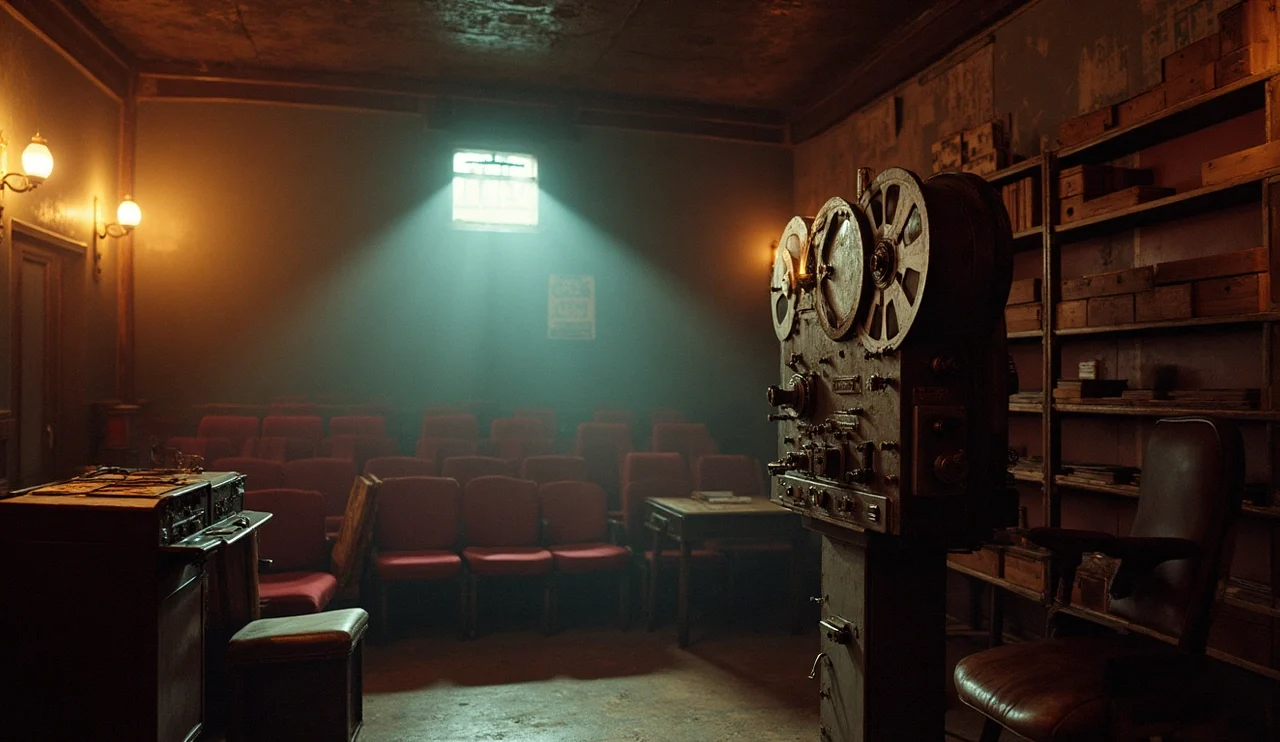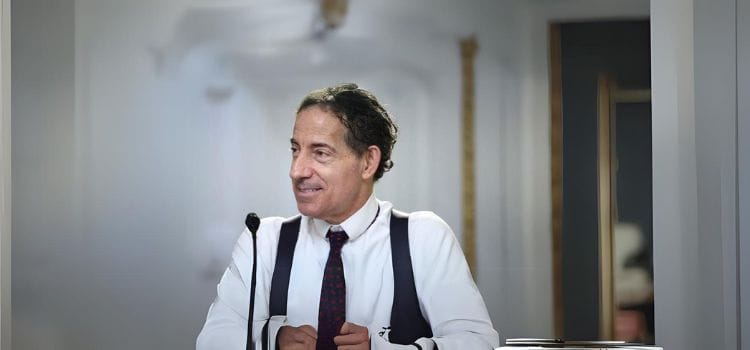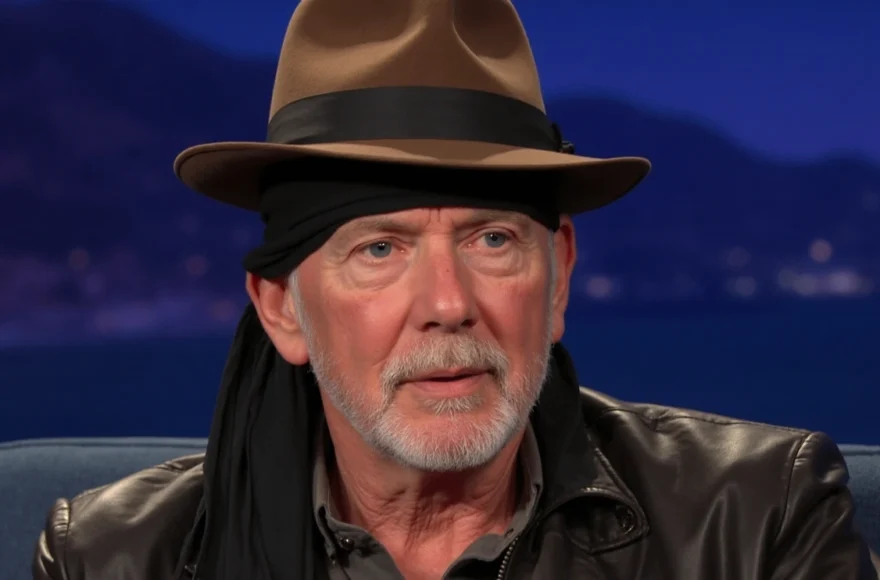Giuseppe Tornatore Reveals Why Cinema Paradiso Almost Never Happened

Last updated on July 5th, 2025 at 06:39 pm
As an Amazon Associate, I earn from qualifying purchases
Italian filmmaker Giuseppe Tornatore created one of cinema’s most beloved masterpieces that surprisingly almost never reached audiences. Despite directing 12 films and earning numerous accolades throughout his career, it was Cinema Paradiso (1988) that established him as a world-renowned director, though the journey was anything but straightforward.
When initially released in Italy, this now-classic film experienced a disastrous commercial failure, earning less than $100,000 at the box office. “The start of the commercial life of the movie had been very suffering and anguished. The box office results had not been good,” Tornatore himself has admitted.
The film that would eventually win the 1990 Best Foreign Film Oscar and set box office records worldwide faced rejection from both critics and audiences in its home country. Interestingly, Tornatore’s childhood experiences heavily influenced this masterpiece—growing up in a small Sicilian village with seven movie theaters, where he “had the opportunity to go every day to a different movie theater to see a new movie”.
How did this commercial disappointment transform into an international sensation? What saved this cinematic treasure from obscurity? We explore the remarkable story behind the film that almost never happened and the perseverance that turned failure into Oscar glory.
The spark that ignited Cinema Paradiso
Image Source: Frame Rated
The emotional journey behind Cinema Paradiso began in a moment of unexpected inspiration for Giuseppe Tornatore. Unlike many planned film projects, this masterpiece was born from a personal experience that touched him deeply.
Inspired by a closed-down theater in his hometown
In autumn 1977, the Sicilian-born Tornatore was working as a projectionist in his village when one of the oldest theaters dating back to the early 1930s closed its doors forever. “The owner decided to sell the building and they had to clear out all the furniture, and basically clean out and strip the building. He asked me to take anything I wanted,” Tornatore recalls.
During those three or four days of cleaning, something profound happened. The musty atmosphere, the lingering smell, and the overwhelming sadness of the abandoned space affected him deeply. “It was so dirty, so musty, the smell, the whole atmosphere was just so sad. It just came to me to take this atmosphere and put it into a story”.
Collecting memories and stories from projectionists
Following this emotional encounter, Tornatore began systematically gathering material that would eventually shape his masterpiece. “I interviewed many of the old projectionists in town for their stories,” he explains. These conversations provided authentic details that would later bring credibility to Alfredo’s character and the world of projection.
The film was shot in Tornatore’s hometown Bagheria, Sicily, as well as Cefalù on the Tyrrhenian Sea. This geographical connection wasn’t coincidental—it allowed him to recreate authentic settings from his memory.
Why the story stayed with him for over a decade
For the next ten years, Tornatore made notes as ideas came to him. The story evolved gradually, taking shape through fragments of memories and observations.
“I always thought it was something I’d make after I made a name for myself, maybe as my fifth or sixth movie,” Tornatore admits. However, fate had different plans. After completing his first film, his producer asked about passion projects, and Tornatore spontaneously shared the entire story of Cinema Paradiso. The producer was so moved that Tornatore decided to make it his second film instead.
This decision proved life-changing, though not immediately. The film that would eventually win an Academy Award for Best Foreign Language Film began as a deeply personal project inspired by a closed theater in a small Sicilian town.
Challenges that almost stopped the film
Image Source: Scene by Green
Cinema Paradiso faced nearly insurmountable obstacles on its journey to becoming a classic. The making of Giuseppe Tornatore’s masterpiece represents a remarkable story of perseverance against overwhelming odds.
Initial doubts from producers
After Tornatore’s initial success with Il Camorrista, he spent approximately two years trying to secure backing for his next project. Unfortunately, producers were pessimistic about the entire film industry. “They didn’t want to make movies in general,” Tornatore explained. “For about two years I was going around, trying to bring the producer some money and was told, ‘No, the cinema fine, the movie business is finished.'”
Struggles with funding and distribution
The Italian film market presented additional challenges. American blockbusters dominated the landscape, leaving little room for domestic productions. “All the big American movies go in 300 movie theaters, and if there are two, three American movies, they take the rest. There is no space for Italian movies,” Tornatore noted. Consequently, getting Cinema Paradiso distributed properly became a significant hurdle.
Cutting 26 minutes from the original version
The film initially existed in multiple versions. The director’s cut ran 177 minutes, while the first Italian theatrical release was trimmed to 155 minutes. Following poor reception, producers suggested further cuts. “The producers said, ‘Maybe it’s because it’s too long. Why not cut it down?'” Tornatore recalled. This led to removing 26 minutes, creating a 124-minute international version.
Poor box office and critical reception in Italy
Cinema Paradiso experienced a devastating launch in its home country. “When the movie was released in Italy, the timing wasn’t good, and it bombed, at the box office and with the critics,” Tornatore remembered. The shortened version fared no better, earning “horrible reviews” and “zero box office” – less than $100,000.
“I was thinking about changing my job because Cinema Paradiso was a big catastrophe at the beginning,” Tornatore admitted. “People that I know were telling me, ‘Change your job. It’s good if you write movies, but don’t make them.'” This crushing failure pushed him to the brink of abandoning filmmaking altogether.
The turning point: From failure to Oscar glory
Image Source: YouTube
After facing commercial disaster in Italy, Cinema Paradiso experienced a remarkable reversal of fortune that would forever change Giuseppe Tornatore’s career.
Winning the Grand Prix at Cannes
The film’s trajectory shifted dramatically at the 1989 Cannes Film Festival, where it won the prestigious Grand Prix du Jury. This accolade came unexpectedly, especially considering the film’s previous commercial failures. Interestingly, Cinema Paradiso tied with “Too Beautiful for You” for this honor. The international version—cut down to 124 minutes from its original 155-minute Italian release—was the one that captured the jury’s hearts.
“Then it won the Grand Prix du Jury at Cannes in 1989 and everything changed,” Tornatore noted, highlighting the pivotal moment when his near-abandoned project suddenly gained international recognition.
How international audiences embraced the film
Following the Cannes triumph, Cinema Paradiso was re-released and began performing steadily at box offices worldwide. The numbers tell a compelling story: in France, the film ran for over a year, grossing over $19 million. The United States and Canada contributed another $12.3 million to its success.
Perhaps most poetically, after winning the Academy Award, the film returned to Italy—the country that had initially rejected it—and grossed $5.3 million. Critics eventually came around as well; on Rotten Tomatoes, the film now holds an impressive 91% approval rating based on 86 reviews.
Cinema Paradiso is frequently credited with reviving Italy’s film industry, paving the way for future successes like Mediterraneo (1991) and Life Is Beautiful (1997).
The emotional moment of winning the Academy Award
In 1990, Cinema Paradiso claimed the Oscar for Best Foreign Language Film, completing its journey from failure to international acclaim. For Tornatore, this moment was particularly moving.
“It has been a great emotion because we were not expecting it,” Tornatore recalled. “The fact that in the space of one year, slowly, the film had its renaissance and won the Oscar moved us. For the award in itself, but most of all because of its comeback on the big screen that we found surprising, almost miraculous.”
This victory not only changed perceptions of the film but effectively transformed 1989 into “the year that changed Giuseppe Tornatore’s life”.
The legacy of Cinema Paradiso and Tornatore’s vision
Image Source: Amazon.com
Today, more than three decades after its release, Cinema Paradiso remains a cornerstone of Giuseppe Tornatore’s legacy, continuing to touch hearts worldwide.
Why the film still resonates with audiences
The film’s enduring appeal stems from its authenticity and emotional sincerity—qualities Tornatore himself considers essential. “In order for a story to gain the favor of the public, it has to be sincere,” he explains. “The emotions which move the story have to be sincere.” This philosophy clearly manifests in Cinema Paradiso, where genuine emotion transcends language and cultural barriers, explaining its 91% approval rating on Rotten Tomatoes across 86 reviews.
Tornatore’s reflections on its autobiographical elements
Although never explicitly autobiographical, the film draws from Tornatore’s Sicilian upbringing. “I get inspired by everything,” he reflects. “The important thing is that the prompt, the idea seduces you to the point where it becomes a constant in your thoughts.”
His complex relationship with Sicily—loving it deeply yet feeling the need for distance—infuses the narrative with authentic emotional tension. “My relationship with Sicily has never been interrupted, even though I have not lived there for more than 35 years now,” he admits. “The more I stay away from it, the stronger it becomes.”
The role of Ennio Morricone’s music in the film’s success
The collaboration with legendary composer Ennio Morricone began with Cinema Paradiso and flourished into a lifelong partnership. “We met on the occasion of my second film Nuovo Cinema Paradiso,” Tornatore recalls. “We got on well, and from there on we always worked together.” This musical partnership added emotional depth that undoubtedly contributed to the film’s powerful impact.
How the film shaped his future projects
Cinema Paradiso‘s unexpected triumph fundamentally altered Tornatore’s trajectory. Prior to its success, he considered changing careers after its initial failure. “I do not carry the memory of the award 24/7,” he says about his Oscar win. “My job is still made of passion, perseverance and determination.” Nevertheless, this film established him internationally, creating opportunities for his subsequent acclaimed works.
A Cinematic Miracle: From Disaster to Timeless Classic
Cinema Paradiso stands today as a testament to artistic perseverance against overwhelming odds. Though initially rejected in its homeland, this deeply personal film eventually captivated hearts worldwide, earning prestigious accolades including the Grand Prix at Cannes and the coveted Academy Award.
“The fact that in the space of one year, slowly, the film had its renaissance and won the Oscar moved us,” Tornatore reflects. “For the award in itself, but most of all because of its comeback on the big screen that we found surprising, almost miraculous.”
FAQs
What inspired Giuseppe Tornatore to create Cinema Paradiso?
Tornatore was inspired by the closure of an old theater in his hometown in 1977. The emotional experience of cleaning out the abandoned space sparked the idea for the film, which he developed over the next decade by collecting stories from local projectionists.
Why did Cinema Paradiso initially fail in Italy?
The film faced a disastrous launch in Italy, earning less than $100,000 at the box office and receiving poor reviews. This was partly due to the dominance of American blockbusters in Italian theaters, leaving little room for domestic productions.
How did the experience of making Cinema Paradiso impact Tornatore’s career?
Despite initially considering changing careers after the film’s failure in Italy, Cinema Paradiso’s unexpected international success established Tornatore as a renowned director. It created opportunities for his subsequent acclaimed works and formed a lifelong partnership with composer Ennio Morricone.
As an Amazon Associate, I earn from qualifying purchases









